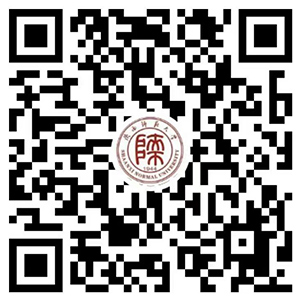量子信息學交叉學科系列講座——Entanglement cost of quantum states and operations
報告人:王鑫
時間:2020年12月11日 13:00
地點:騰訊會議(會議號:203 514 626)
主辦單位:計算機科學學院 計算智能與量子信息學研究團隊
講座人簡介:Xin Wang is a Staff Researcher at the Institute for Quantum Computing at Baidu Research. He works on the research of quantum computation and quantum information as well as the development of the Baidu Quantum Platform. He was a Hartree Fellow at the Joint Center for Quantum Information and Computer Science (QuICS) at the University of Maryland, College Park. He received his doctorate (Chancellor’s List for Best Thesis) from the University of Technology Sydney. He was invited to deliver the keynote talk at TQC 2020 and to serve on the program committee of AQIS 2019 and Beyond IID 2020. He is also an editor of the Quantum journal. His research interests include quantum information theory, quantum computing, quantum control, machine learning, and optimization. More information could be found at www.xinwang.info.
摘要:Quantum entanglement is a key physical resource in quantum information processing. Ever since the rise of quantum information theory, it has been an open problem to quantify entanglement in an information-theoretically meaningful way. In particular, every previously defined entanglement measure bearing a precise information-theoretic meaning is not known to be efficiently computable, or if it is efficiently computable, then it is not known to have a precise information-theoretic meaning. In this work, we meet this challenge by introducing an entanglement measure that has a precise information-theoretic meaning as the exact cost required to prepare an entangled state. Additionally, this entanglement measure is efficiently computable by means of a semidefinite program, and it bears a number of useful properties such as additivity and faithfulness. Next, we introduce and resolve the exact entanglement cost for simulating quantum channels in both the parallel and sequential settings. This talk is based on Cost of Quantum Entanglement Simplified, Phys. Rev. Lett., vol. 125, no. 4, p. 040502, 2020.





